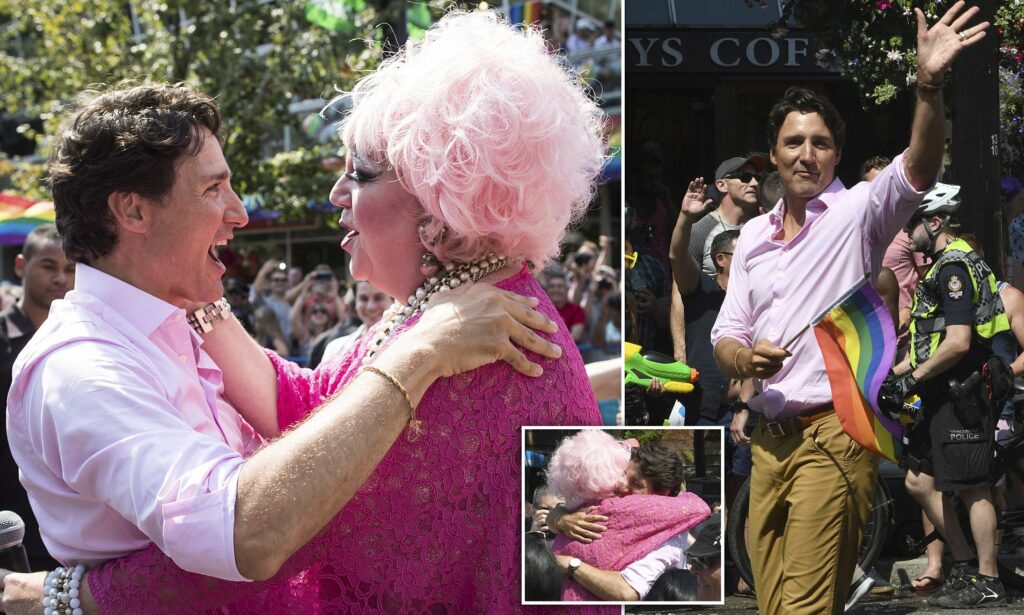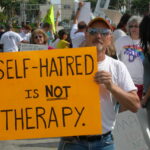Blog Post
Trudeau’s Bill C-6 is ‘devastating’ to democratic rights, and a ‘direct attack on the Christian faith’
By Jonathon Van Maren
In December, I interviewed Jojo Ruba of Free to Care on the impact of Bill C-6 after his testimony to parliamentarians, the so-called “conversion therapy ban” that would restrict the right of same-sex attracted people to seek the therapy and care they choose. In February, I spoke on the podcast with Colette Aikema, who also struggled with same-sex attraction and has testified publicly against Canada’s “conversion therapy bans.” With the passage of Bill C-6 this week in the House of Commons, I spoke with Jojo Ruba to get his reaction.
Bill C-6 has passed. What is your reaction?
It’s heartbreaking. This bill should be devastating to any Canadian who supports democratic rights. This Bill uses a definition of conversion therapy that no medical or professional body uses and no other government in the world uses, except for a handful of governments in Canada. The definition bans both orientation change counselling and behavioural change counselling, even if it does not involve orientation change. This means LGBTQI Canadians would be denied access to support that is available to every other Canadian. Those who want to support us could go to jail for 5 years. That is a clear violation of Charter rights.
What will the impact on Canadians like yourself and those you speak for be?
Bill C-6’s passing means if I want to go to my pastor, imam or priest and ask for help to manage my same-sex attractions so I can choose to remain celibate, my own religious leader would have to choose to help me and risk going to jail or choose not to do anything and let me suffer on my own. The law actually makes it impossible for me to get support to remain celibate. Even the Justice Minister admitted that consenting adults like myself could only get counselling support if it is free. But even if it is free, no one is allowed to advertise, even verbally promote, this counselling under threat of going to jail for 2 years. This clearly violates my right to have conversations with other Canadians of my choice.
READ THE REST OF THIS COLUMN HERE









cry
At minimum any individual should be able to discuss unwanted desires with a counsellor. To be sure there needs to be guidelines against coercive practices but if someone seeks counselling about unwanted desires they should have the right to do so. It seem very undemocratic to make this illegal to provide this counselling for those who seek it out.